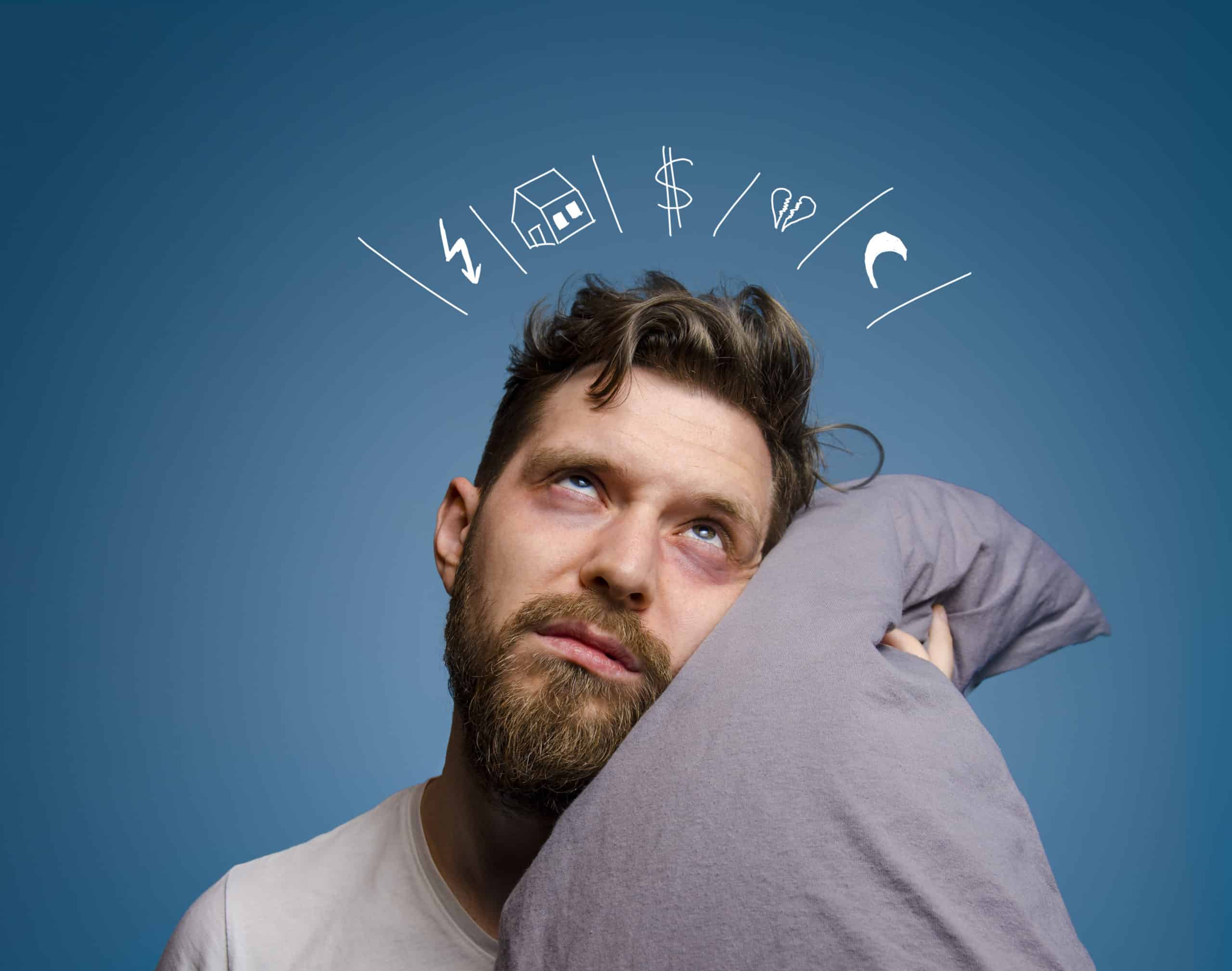Most people know that lack of sleep can affect your mood, but did you know it also affects how much energy you have? And that there are easy ways to improve lack of sleep? The National Sleep Foundation found that those who slept less than six hours a night had an average level of fatigue. When we don’t get enough sleep, our body’s natural defense system doesn’t work as well, and we produce more cortisol, which causes us to feel tired.
Have you ever wondered how lack of sleep affects your body when you don’t get enough rest? It has an overall negative effect on the human body. This is because many functions occur while we sleep that help maintain health and regulate bodily processes. So what are the effects of not getting enough sleep? And how can we improve lack of sleep? We’ll discuss it here!
The Effect of Sleep on the Body
While you sleep, your body releases hormones that keep your heart and blood vessels working properly. Lack of sleep has been associated with blood pressure complications, heart function, and decreased energy levels. This can be a problem if you lead a busy, physically demanding lifestyle and don’t take steps to improve your sleep.

Helpful Tips to Improve Sleep
Turn your bedroom into a sleeping sanctuary. Make your room as dark and cool as possible. The darker the room, the better when it comes to sleep. Studies show that a slightly lower temperature can help with overall restfulness! To turn your bedroom into the ideal sleep sanctuary, limit outside noise using earplugs or a “white noise” device. Use heavy curtains or an eye mask to block light. Keep the room temperature comfortably cool (between 60 and 70°F. You may also want to consider getting more comfortable pillows.
Begin the day with a healthy, consistent breakfast. Eating a healthy breakfast can help sync up your biological clock by telling your body when to expect food, which will help it know when it’s time to be awake. Additionally, cutting down on caffeine is another excellent way to improve sleep quality! Caffeine can stay in your system for up to 12 hours, so if you have a cup of coffee late in the afternoon, it might affect you the following day.

Eat light at night. Avoid carbs when it comes to your evening meal, as they can leave you feeling bloated and lethargic later on in the day. Instead of having a heavy dinner, try eating some fruit or vegetables before bedtime instead of giving yourself something for your body to work off overnight while you sleep!
Stick to a regular exercise routine. People who engage in regular exercise sleep better at night and feel less sluggish during the day. Exercising daily also improves symptoms of restlessness and increases the amount of time spent in deep sleep. Exercise is a great way to improve your health overall, but it’s not just good for you physically; it can be beneficial on a mental level, too, as people who work out often find they are happier and more energized.

Incorporate sleep supplements into your pre-bedtime routine. Melatonin-infused supplements are now available everywhere and are helpful for those who have trouble sleeping naturally. Sleep aid supplements can also be beneficial if someone has occasional sleeplessness issues due to stress or anxiety.
Try something new. Sustained stress, constant worrying, and anger from the day can make it very difficult to fall asleep. Taking steps to manage your overall stress levels can have a significant impact on your sleep. Try yoga and meditation to calm the mind before bedtime.
Practice breathing exercises. For example, breathing from your belly rather than your chest can induce a relaxation response and lower your heart rate, blood pressure, overall stress levels and help you fall asleep. Check out this guided deep breathing exercise. A relaxed mind is a sleepy mind. If you find it impossible to fall asleep, try a relaxation technique, such as progressive muscle relaxation or meditation, which can be performed even in bed. Even though it’s not a substitute for sleep, deep relaxation can help your body reach deep, restful sleep.

Struggling to fall asleep will only lead to frustration. If you can’t manage to fall asleep after 20 minutes, get out of bed and do something relaxing, like reading or listening to some music, until you start to feel really tired. Sleeping problems can be complicated, and what works for one person may not always work for you. That said, consider trying different approaches to see what works best for you. Remember that it can take some time to see results from new methods, so be patient with your changes as they may take time to kick in.
Takeaway
Some of the tips discussed above will be easier to incorporate into your daily and nightly routine than others. However, if you follow through with them, your sleep will improve in a matter of weeks. Remember, not all sleep complications are easily treated and could indicate a more severe sleep disorder such as apnea, restless legs syndrome, or narcolepsy. If your sleep quality doesn’t improve through good sleep hygiene and lifestyle changes, you may want to consult your physician or a sleep specialist to further assess your situation.

